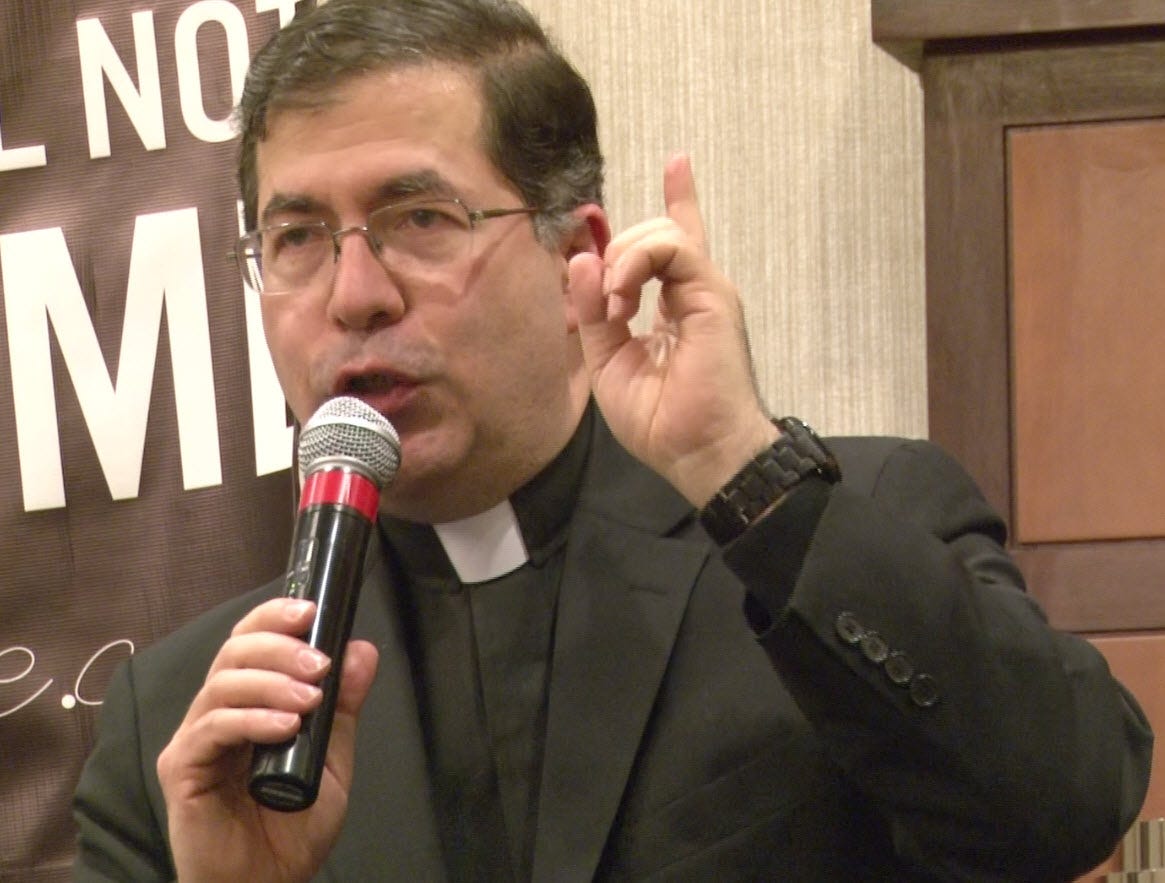After recent controversies involving apparently independent Catholic priests engaged on social media, experts have said Church law expects priests to be transparently and demonstrably subject to ecclesiastical authorities — and for good reason.
“Every Catholic has to belong somewhere, and that is doubly true for Catholic p…

